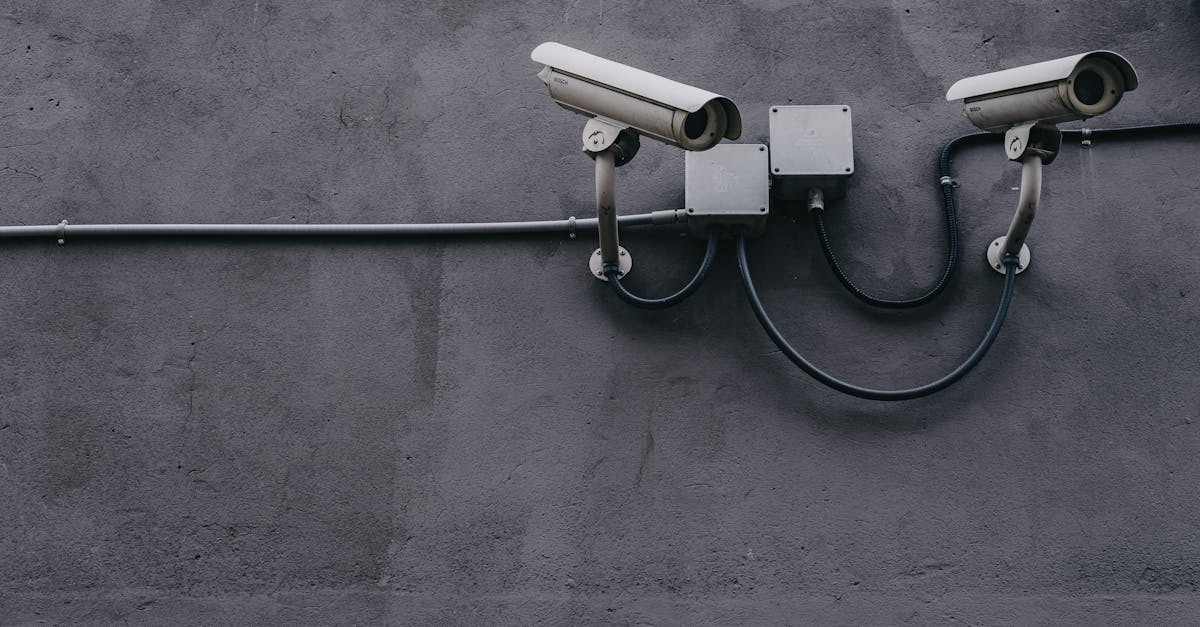Your AI Mental Health Coach: The Pros, Cons, and Ethical Questions to Consider
The Cons: Lack of Human Empathy

Despite their many advantages, AI mental health coaches lack the human touch that is often crucial in therapeutic settings. Empathy, understanding, and the nuanced interpretation of emotions are areas where AI still falls short. Human therapists can offer a level of emotional support and connection that AI cannot replicate, which is often critical for building trust and rapport. This limitation may hinder the effectiveness of AI in addressing complex emotional issues or crises where human empathy plays a pivotal role. Users may feel isolated or misunderstood when interacting with an AI, potentially exacerbating their mental health challenges.
The Cons: Privacy and Data Security Concerns

The use of AI in mental health raises significant privacy and data security concerns. These systems rely on collecting and analyzing sensitive personal data, which could be vulnerable to breaches or misuse. Users must trust that their information is handled securely and ethically, yet the potential for data leaks or unauthorized access remains a serious risk. Additionally, questions arise about how this data is stored, who has access to it, and how it might be used in the future. Ensuring robust data protection measures and transparent privacy policies is essential to maintaining user trust and safeguarding sensitive information.
